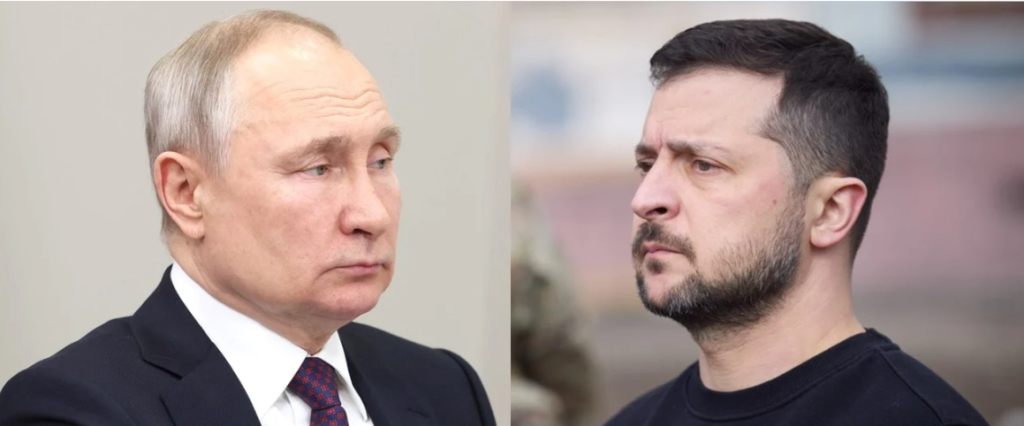ICJ Largely Rejects Ukraine’s Terrorism Financing Allegations Against Russia.
Others are reading now
The International Court of Justice (ICJ) in The Hague has largely dismissed Ukraine’s allegations against Russia regarding the financing of pro-Russian rebels.
According to Reuters, the case, brought by Ukraine to the United Nations’ highest court, primarily revolved around accusations of Russia funding terrorism by economically supporting pro-Russian groups in Eastern Ukraine.
On Wednesday, the ICJ rejected most parts of the Ukrainian allegations. However, the court did find that Russia had violated certain aspects of the UN’s anti-terrorism legislation.
This violation pertains to Russia’s failure to investigate the financial support funneled to pro-Russian groups in Eastern Ukraine. Consequently, the ICJ has ordered Russia to investigate claims of terror financing.
Also read
Notably, the court did not mandate Russia to pay compensation, as demanded by Ukraine. Furthermore, the ICJ refrained from addressing Russia’s alleged responsibility for the downing of Malaysia Airlines Flight MH17 in 2014, which resulted in the deaths of all 298 passengers on board. The flight was en route from Amsterdam to Kuala Lumpur when it was shot down.
This case has been a long time in the making, initiated by Ukraine in 2017. Ukraine has labeled Russia a ‘state sponsor of terrorism’ and sought compensation for the relatives of the 298 victims of MH17. However, the ICJ in The Hague did not support Ukraine in these claims.
In a separate but related finding, the ICJ judges ruled that Russia had breached the UN treaty against discrimination by not ensuring that Ukrainians in Crimea had the right to education in their language. Following Russia’s annexation of Crimea in 2014, the availability of education in Ukrainian significantly decreased.
Despite this finding, the ICJ did not award Ukraine any compensation for this discrimination. Ukraine’s accusations against Russia for discriminating against ethnic Tatars and Ukrainians in Crimea post-annexation were also not upheld by the ICJ judges.


